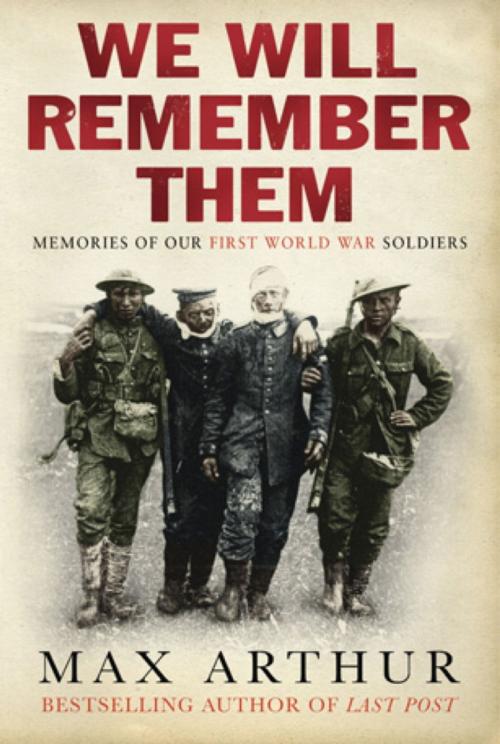We Will Remember Them
Voices From The Aftermath Of The Great War
Nonfiction, History, Military, World War I| Author: | Max Arthur | ISBN: | 9780297857907 |
| Publisher: | Orion Publishing Group | Publication: | November 26, 2009 |
| Imprint: | Weidenfeld & Nicolson | Language: | English |
| Author: | Max Arthur |
| ISBN: | 9780297857907 |
| Publisher: | Orion Publishing Group |
| Publication: | November 26, 2009 |
| Imprint: | Weidenfeld & Nicolson |
| Language: | English |
How the men and women of Britain found 'the road home' after the Great War. From the SUNDAY TIMES bestselling author of THE LOST POST.
11am, 11.11.1918: the war is finally over.
After four long years Britain welcomed her heroes home. Wives and mothers were reunited with loved ones they'd feared they'd never see again. Fathers met sons and daughters born during the war years for the very first time. It was a time of great joy - but it was also a time of enormous change.
The soldiers and nurses who survived life at the Front faced the reality of rebuilding their lives in a society that had changed beyond recognition. How did the veterans readjust to civilian life? How did they cope with their war wounds, work and memories of lost comrades? And what of the people they returned to - the independent young women who were asked to give up the work they had been enjoying, the wives who had to readjust to life with men who seemed like strangers?
How the men and women of Britain found 'the road home' after the Great War. From the SUNDAY TIMES bestselling author of THE LOST POST.
11am, 11.11.1918: the war is finally over.
After four long years Britain welcomed her heroes home. Wives and mothers were reunited with loved ones they'd feared they'd never see again. Fathers met sons and daughters born during the war years for the very first time. It was a time of great joy - but it was also a time of enormous change.
The soldiers and nurses who survived life at the Front faced the reality of rebuilding their lives in a society that had changed beyond recognition. How did the veterans readjust to civilian life? How did they cope with their war wounds, work and memories of lost comrades? And what of the people they returned to - the independent young women who were asked to give up the work they had been enjoying, the wives who had to readjust to life with men who seemed like strangers?















